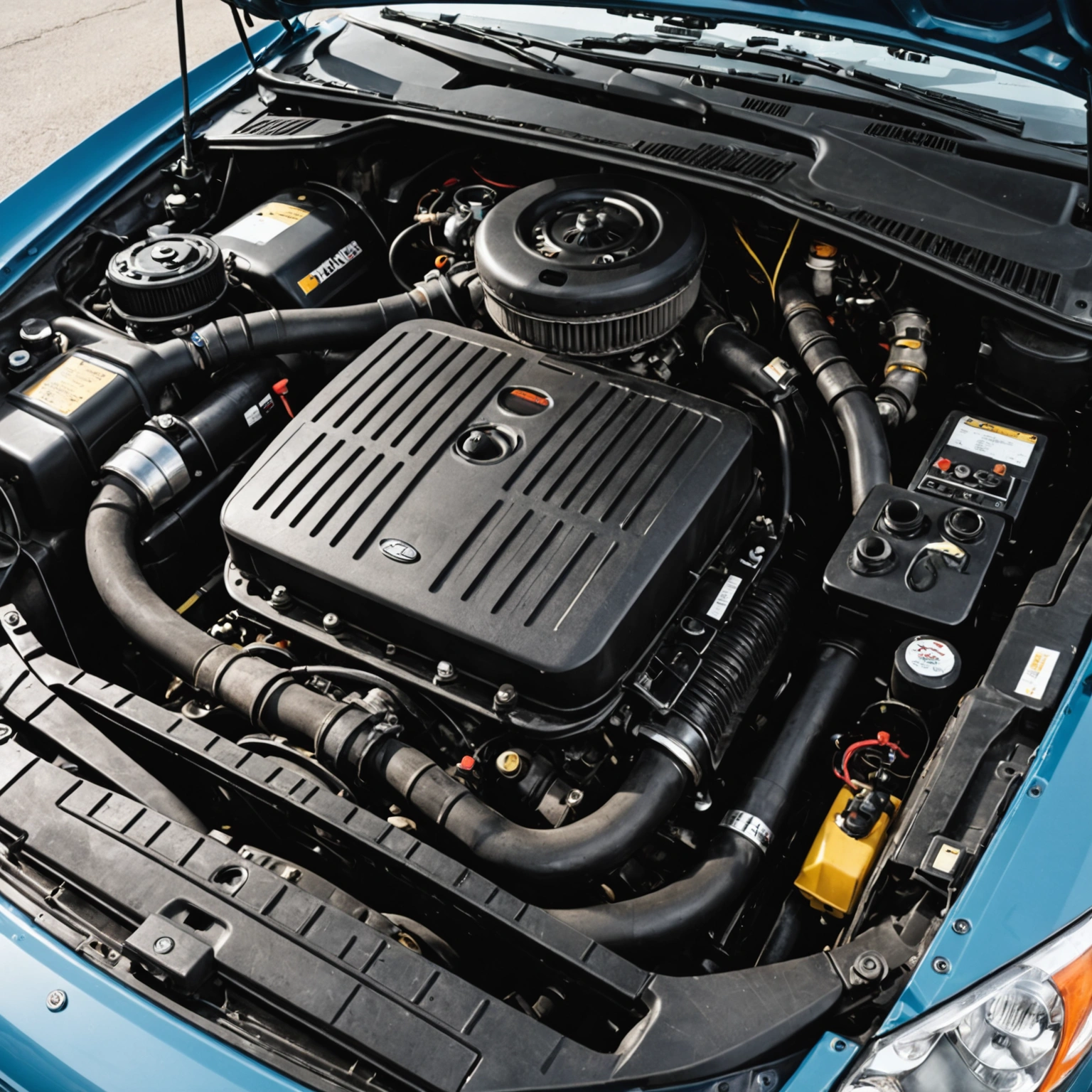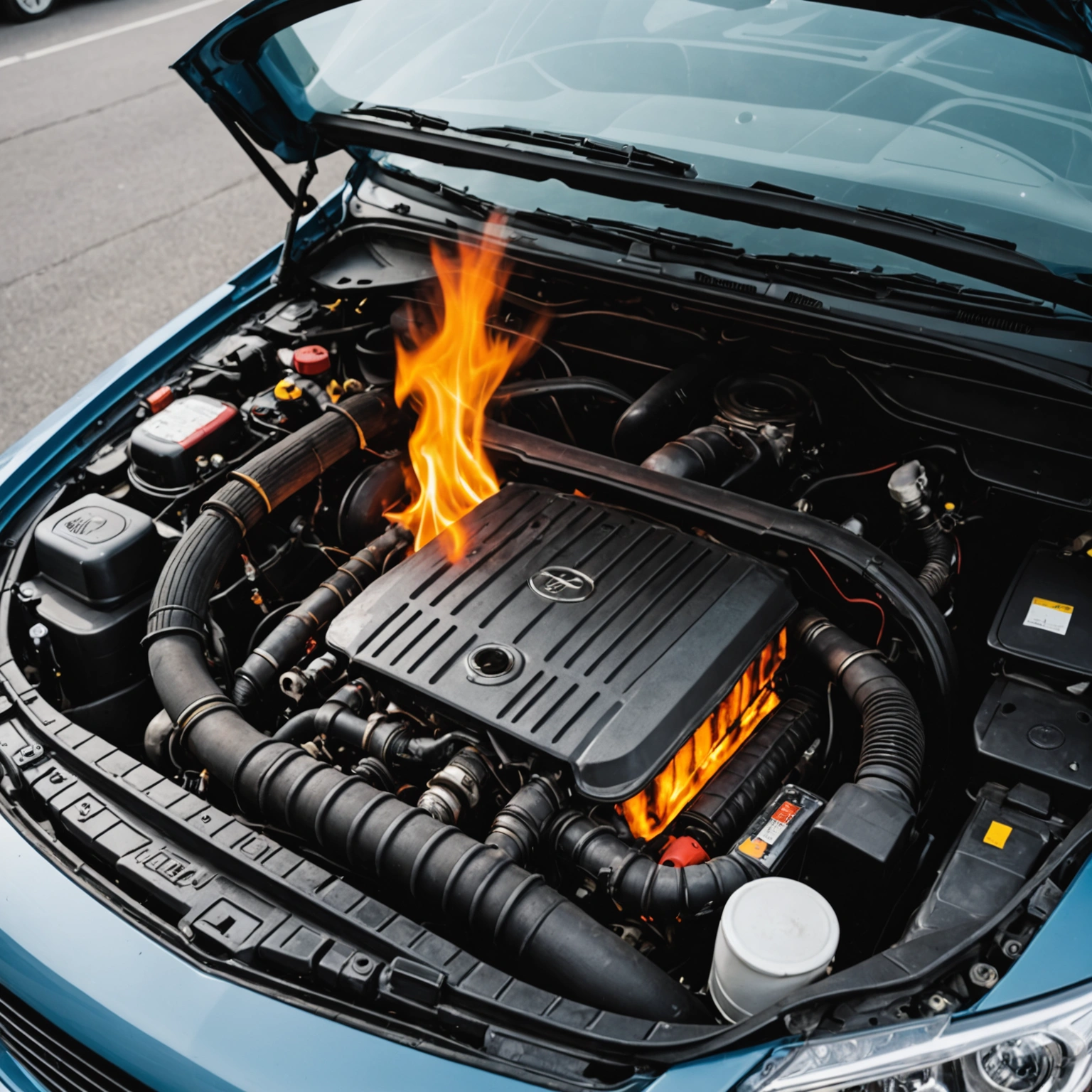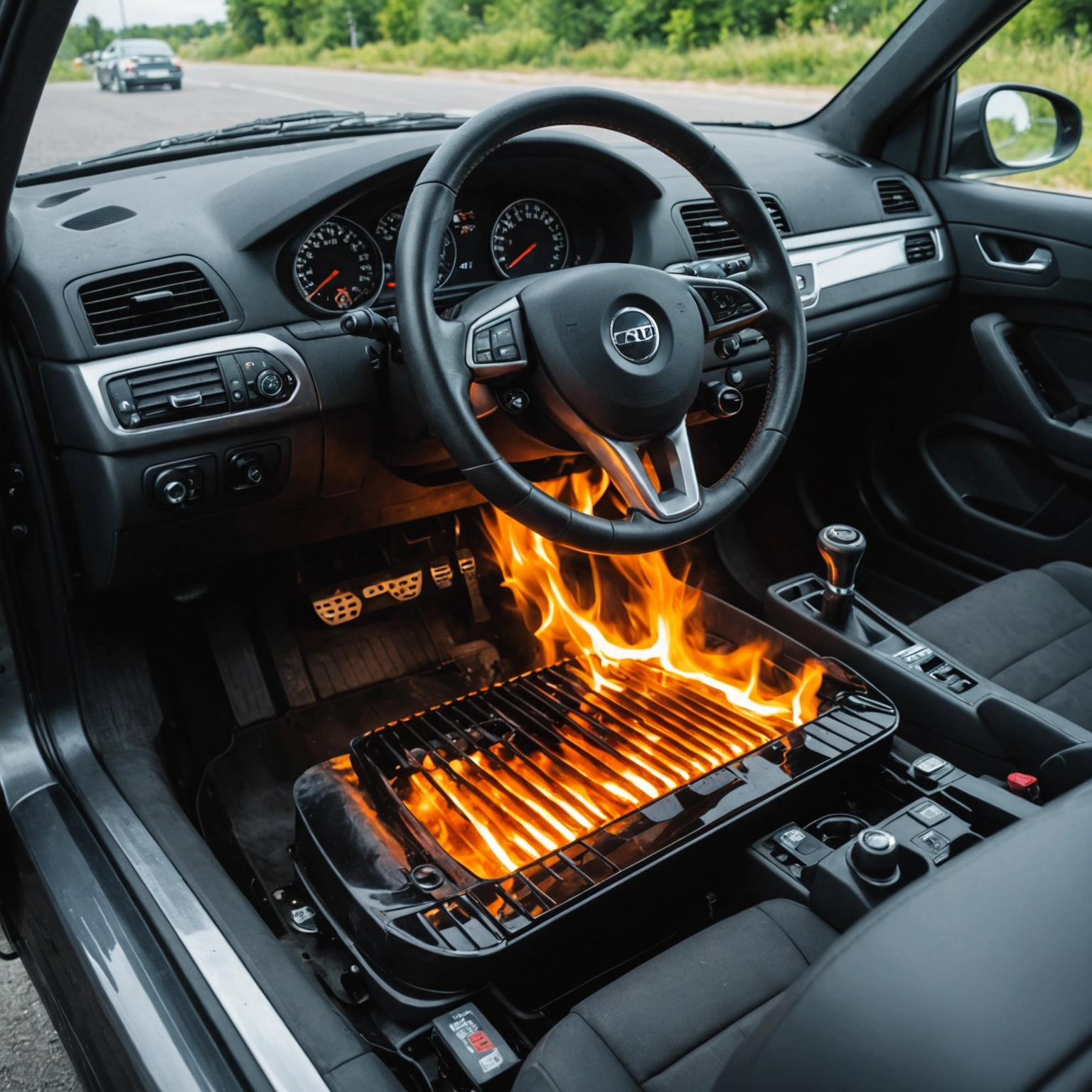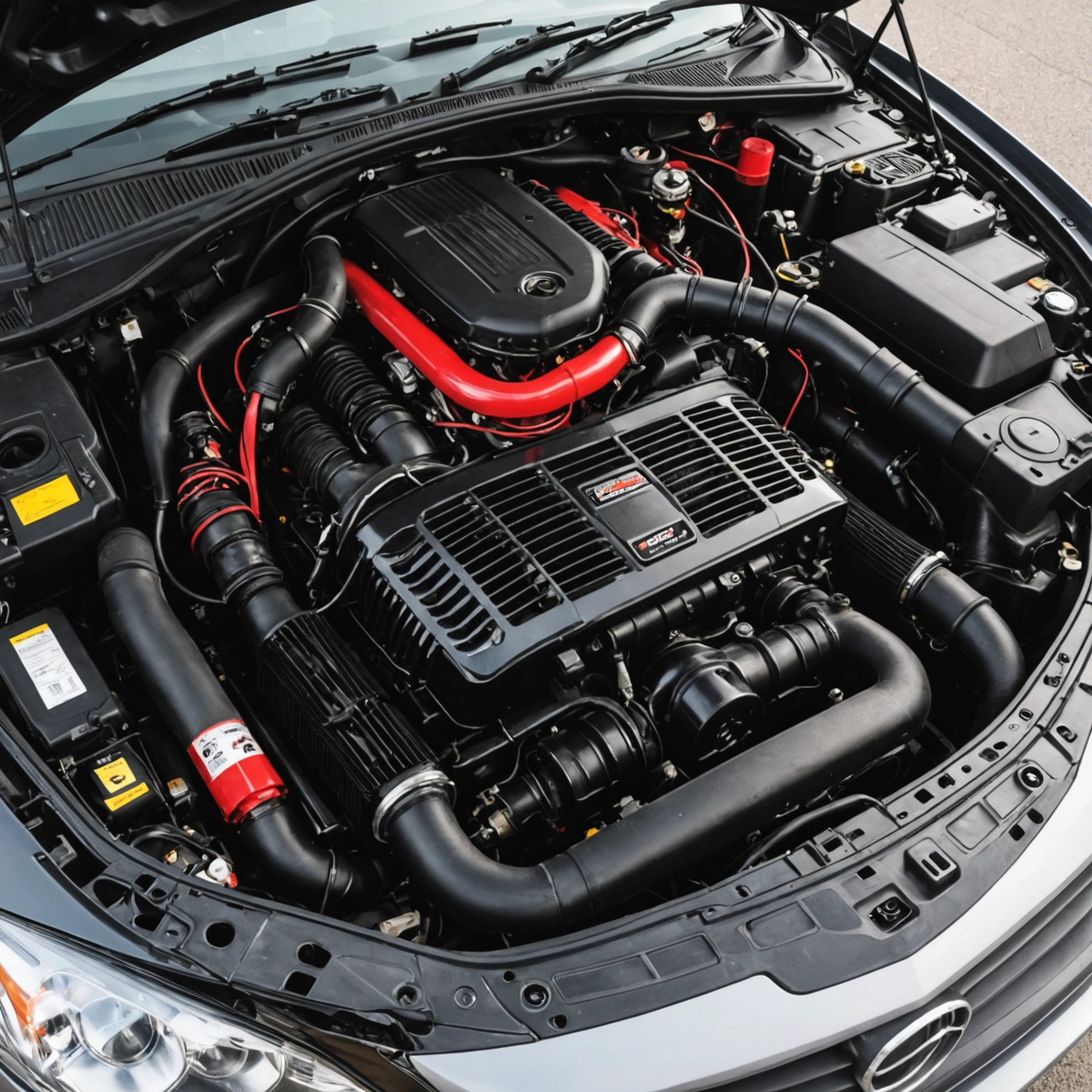**Why Is My Car Overheating So Quickly? Understanding the Causes and Solutions**
Experiencing a rapidly overheating car can be both stressful and dangerous. If your vehicle is reaching high temperatures in a short amount of time, it’s essential to identify the root cause to prevent engine damage and ensure your safety. Here’s a comprehensive look at why your car might be overheating quickly and what you can do about it.

### Common Causes of Rapid Overheating
1. **Low Coolant Level**

– **Why it matters:** Coolant (antifreeze) circulates through the engine, absorbing heat and preventing it from overheating.
– **Signs:** Visible coolant leaks, low coolant warning light, or a sudden drop in coolant levels.

– **Solution:** Check coolant levels regularly and top up with the manufacturer-recommended coolant. Look for leaks in hoses, radiator, or the radiator cap.
2. **Cooling System Failures**

– **Radiator issues:** A clogged or damaged radiator reduces heat dissipation.
– **Thermostat malfunction:** A stuck thermostat can prevent coolant flow, causing rapid heat buildup.
– **Water pump failure:** The water pump circulates coolant; if it’s failing, overheating can occur quickly.
– **Solution:** Have the cooling system inspected by a mechanic to identify and fix faulty components.
3. **Radiator Fan Problems**
– **Why it matters:** The electric or mechanical fan cools the radiator when the engine reaches a certain temperature.
– **Signs:** Fan not turning on, even when the engine is hot.
– **Solution:** Check the fan motor, relays, and wiring. Replacing a faulty fan can restore proper cooling.
4. **Blocked or Dirty Radiator**
– **Cause:** Dirt, debris, or corrosion can block airflow through the radiator fins.
– **Solution:** Regularly clean the radiator and ensure nothing obstructs airflow.
5. **Malfunctioning Head Gasket**
– **Impact:** A blown head gasket can cause coolant leaks, loss of compression, and overheating.
– **Signs:** White smoke from exhaust, milky oil, or coolant in the engine oil.
– **Solution:** Requires professional repair; a blown gasket is a serious issue.
6. **Serpentine Belt or Drive Belt Issues**
– **Role:** These belts drive the water pump and radiator fan.
– **Signs:** Worn or broken belts can stop the water pump or fan.
– **Solution:** Regular inspection and replacement of belts.
7. **External Factors**
– **Extreme temperatures:** Hot weather can exacerbate overheating issues.
– **Heavy loads or towing:** Increased engine strain generates more heat.
– **Driving habits:** Stop-and-go traffic or aggressive driving can lead to quick overheating.
### Preventive Tips to Avoid Overheating
– Regularly check and maintain coolant levels.
– Flush the cooling system as per the manufacturer’s schedule.
– Inspect hoses, belts, and radiator for wear or damage.
– Ensure the radiator fan is functioning properly.
– Keep the radiator clean and free of obstructions.
– Pay attention to warning lights and temperature gauge readings.
– Use the correct coolant mixture for your vehicle.
### When to Seek Professional Help
If your car overheats quickly and basic checks don’t reveal the issue, it’s crucial to have a qualified mechanic diagnose the problem. Ignoring overheating can lead to severe engine damage, including warped cylinders, blown head gaskets, or complete engine failure.
### Final Thoughts
A car that heats up rapidly is often a sign of a cooling system malfunction or low coolant. Regular maintenance, attentive driving, and prompt repairs can keep your vehicle running smoothly and prevent overheating episodes. If you’re ever in doubt, don’t hesitate to consult a professional to keep your engine cool and reliable.
**Stay safe on the road!**

